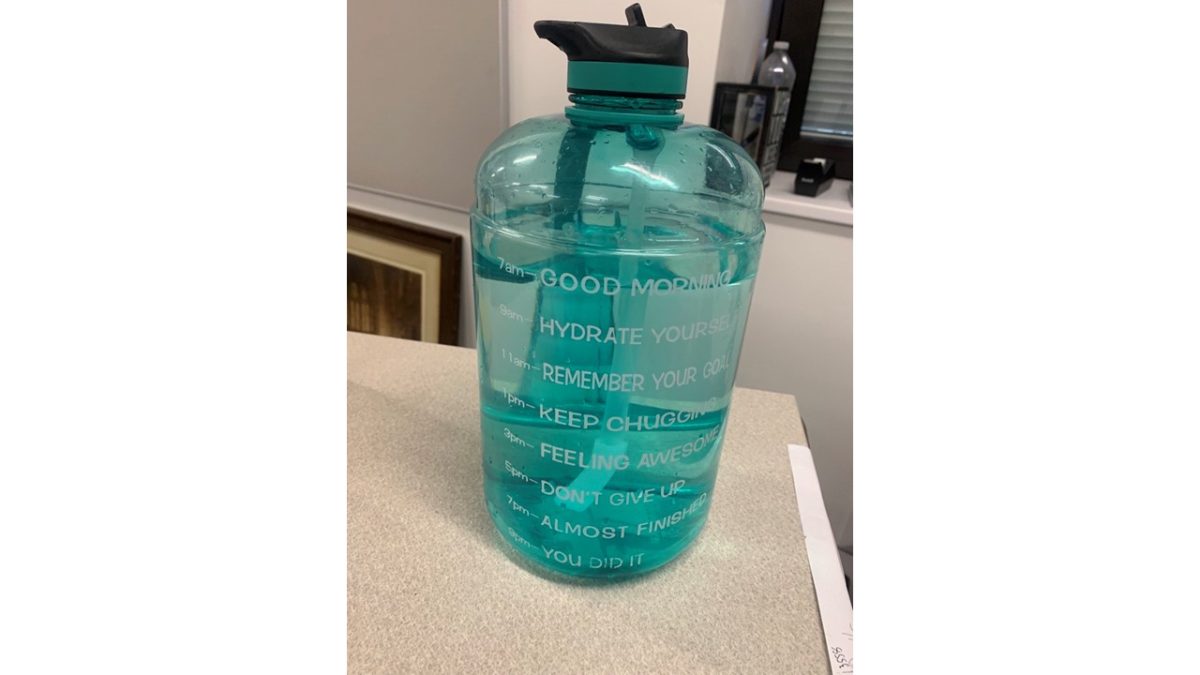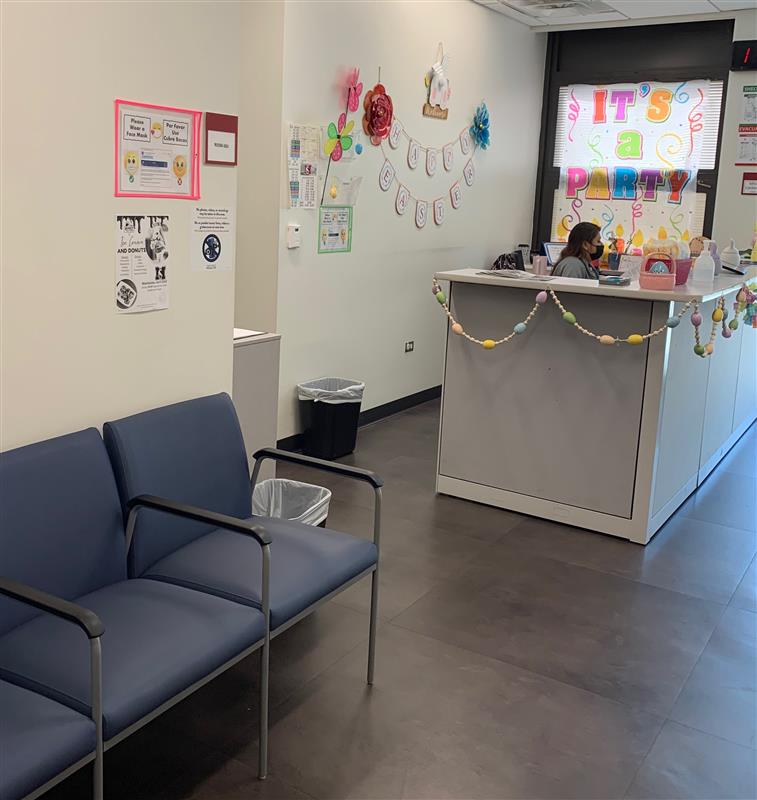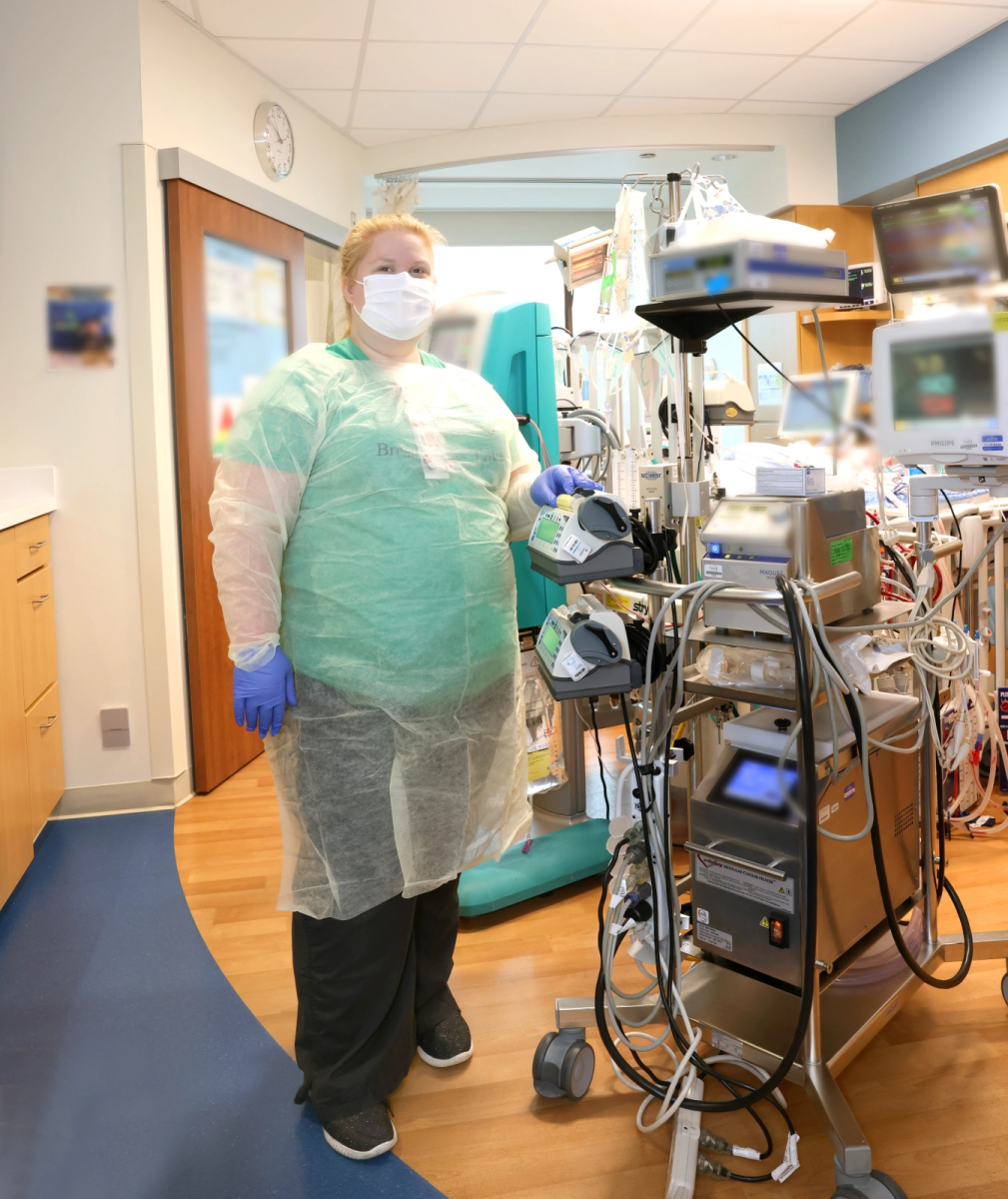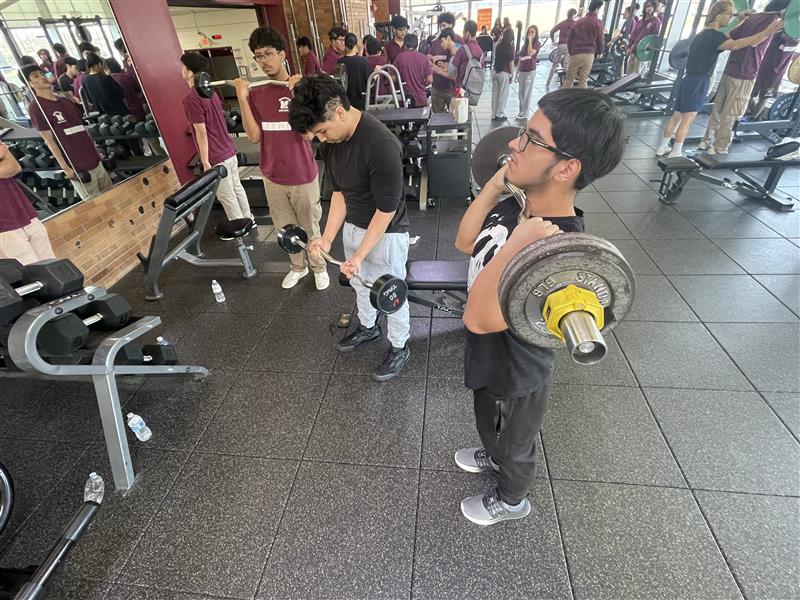Every year, high temperatures lead to tragic outcomes. Preventable heat-related illnesses cause more than 700 deaths annually in the U.S.
A couple of key things affect how well your body can cool off when it’s super hot outside:
- High Humidity: When it’s really humid, sweat doesn’t evaporate as fast. This means your body can’t get rid of heat quickly.
- Personal Factors: Your age, weight, fever, dehydration, heart health, mental well-being, circulation, sunburn, and even certain medications or alcohol can all make it harder for you to cool down in intense heat.
By following these tips, we can help keep everyone safer when temperatures climb.
- Hydration is Key: Drink Plenty of Water. One of the most crucial aspects of staying cool during extreme heat is staying hydrated. Make sure to carry a reusable water bottle with you and take regular sips throughout the day. Avoid excessive consumption of sugary drinks or caffeine as they can contribute to dehydration.
- Dress Light and Breathable. Choose clothing made from lightweight, breathable materials like cotton. Light-colored clothes can also help reflect sunlight and keep you cooler. Opt for loose-fitting attire that allows air circulation, preventing your body from overheating. Wear shorts!
- Seek Shade. When outside, seek shade whenever possible. Shade can significantly reduce your exposure to direct sunlight, providing a natural way to lower your body temperature.
- Use Sunscreen. Applying sunscreen is not just about preventing sunburn; it also helps you stay cool. Sunburned skin heats up more quickly, making it harder for your body to regulate temperature. Use a broad-spectrum sunscreen with at least SPF 30 and reapply every two hours, especially if you’re sweating.
- Essential Oils. Peppermint and Spearmint Essential Oil both contain menthol which have cooling properties. Add a few drops to cold water to make your own body mist for when you’re on the go.
- Meditate. Sometimes we need to cool our minds as much as we need to cool our physical body. Take time every day to slow down and meditate. A few minutes of deep breathing and relaxation will go a long way.
- Cool those Pulse Points. There’s numerous pulse points on your body that can be used as cooling spots when in contact with cool water. You’re probably familiar with the points on your wrists and back of neck. Try putting a cool towel or running cool water over your feet, wrists, and temples. Wear a damp bandana when exercising outdoors.
- Get Your Hair Did. Keep your hair off the back of your neck to keep body temperatures lower.
- Plan Indoor Activities. During the hottest parts of the day, consider engaging in indoor activities. Whether it’s reading, watching educational videos, or working on creative projects, being indoors with air conditioning can provide significant relief from the heat.
- Eat Light and Fresh. Heavy, hot meals can contribute to an increase in body temperature. Opt for light, refreshing meals like salads, fruits, and vegetables. These foods are not only hydrating but also easier for your body to digest, helping you stay comfortable in the heat
- Limit Physical Exertion. While staying active is important, extreme heat calls for moderation. Avoid intense physical activities during the hottest parts of the day. If you need to exercise, opt for early mornings or late afternoons when the sun is less intense.
- Take Cool Showers.A quick, cool shower can help bring down your body temperature. Not only does it provide immediate relief, but it can also help you feel refreshed and rejuvenated.
- Know the Signs of Heat-Related Illness. Educate yourself about the signs of heat exhaustion and heatstroke. Symptoms like heavy sweating, weakness, dizziness, nausea, and confusion require immediate attention. If you or a fellow student experience these symptoms, it’s crucial to take action promptly.
Older adults are at higher risk of heat-related problems. The most vulnerable groups include people over 65, babies under two, and those with chronic illnesses or mental health issues.
Look out for people who depend on you, like older family members or young siblings. Ask yourself:
- Are they drinking enough water?
- Can they stay in air-conditioned places?
- Do they need help to stay cool?
In the face of extreme heat, prioritizing your well-being is paramount. By following these tips, you can navigate through hot days while keeping your cool. Remember, taking care of your health and staying comfortable is essential for a successful and enjoyable high school experience, regardless of the weather outside.








Michel • Aug 23, 2023 at 9:33 pm
Does eating hot Cheetos help since it adds salt to my dietary intake in case I’m not sweating enough?